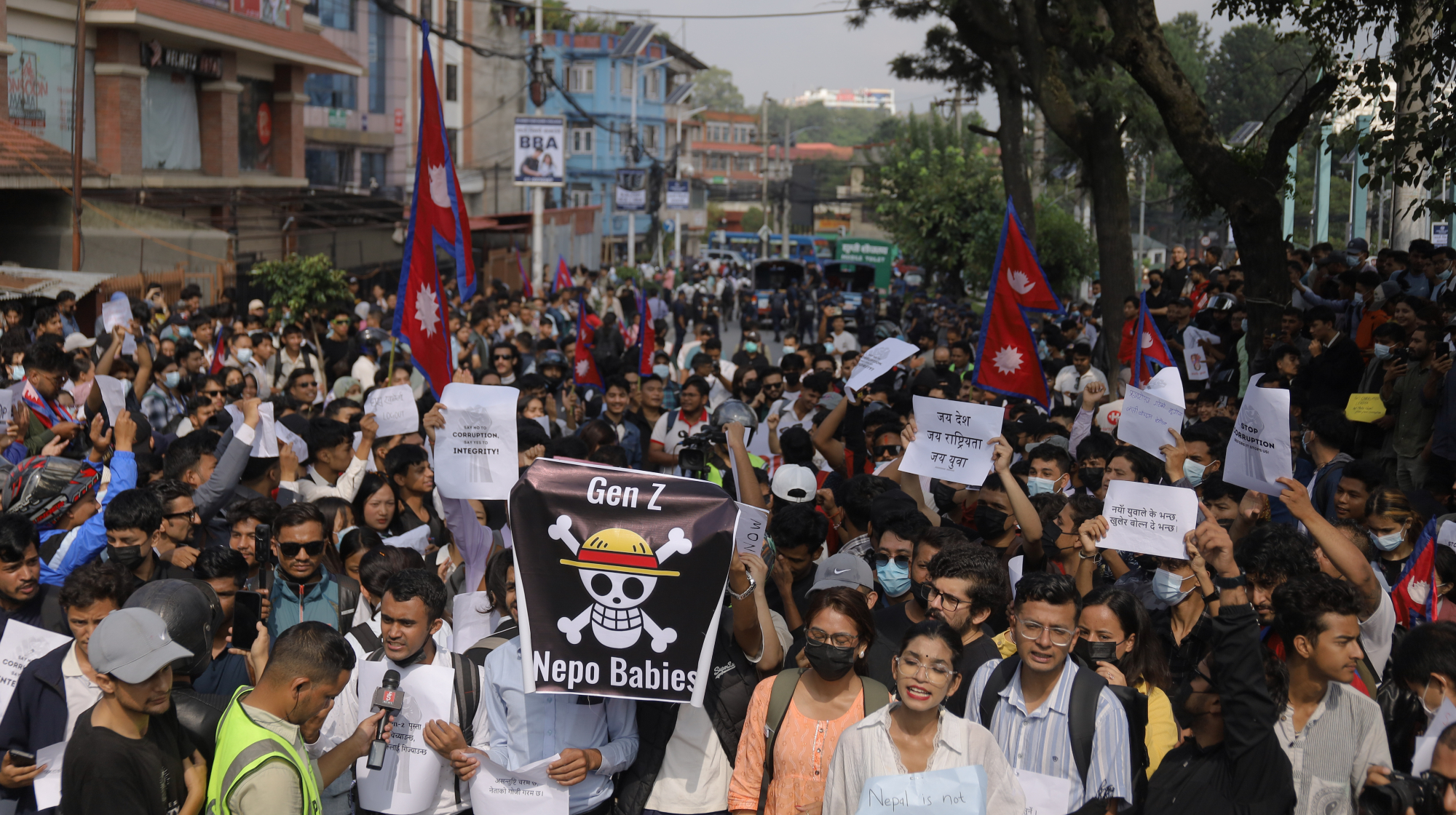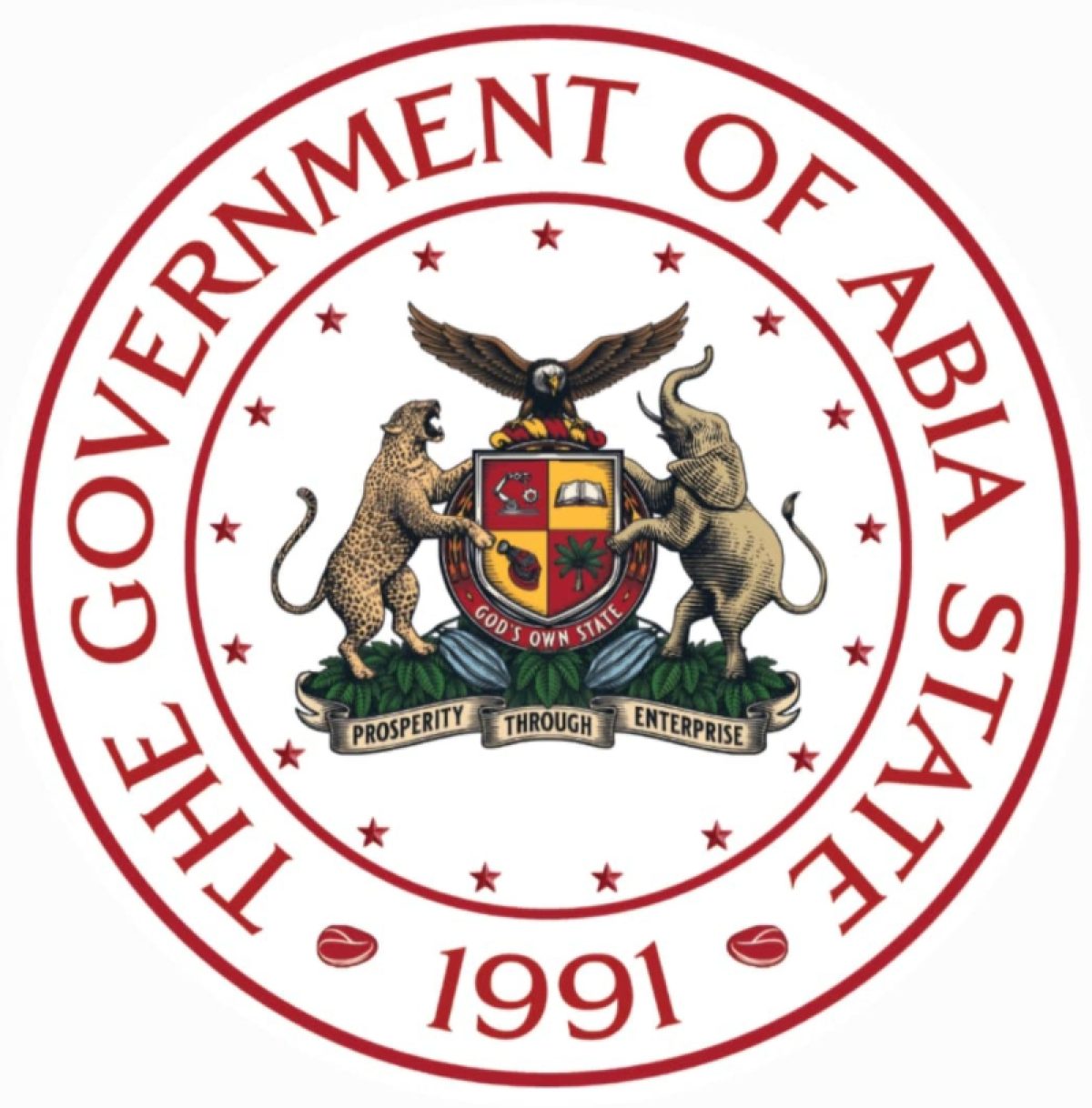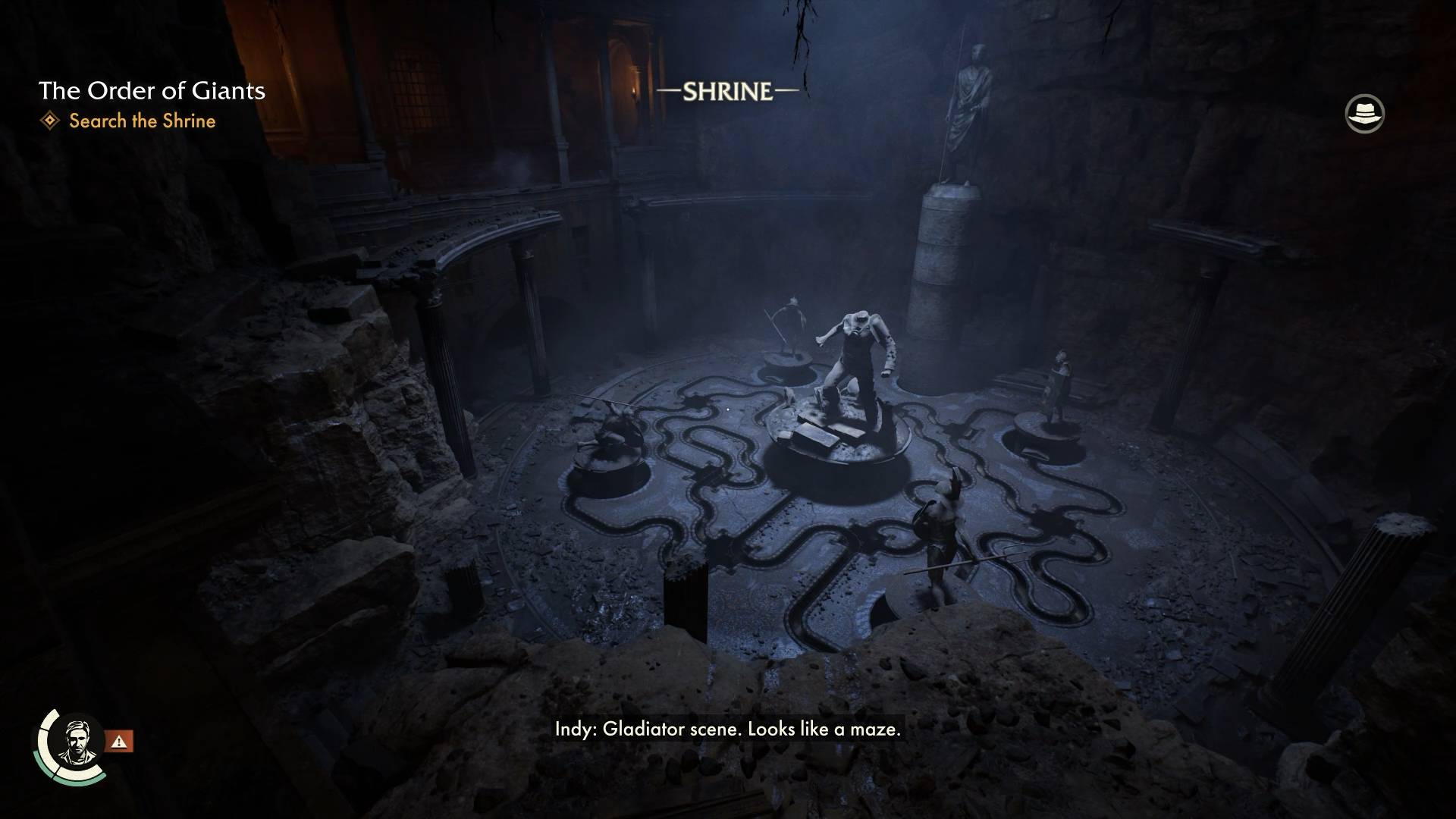By Rafi Schwartz
Copyright theweek

SUBSCRIBE & SAVE
Less than $3 per week
View Profile
The Explainer
Talking Points
The Week Recommends
Newsletters
From the Magazine
The Week Junior
Food & Drink
Personal Finance
All Categories
Newsletter sign up
In The Spotlight
Why Gen Z in Nepal is dying over a state social media ban
A crackdown on digital platforms has pushed younger Nepalis into increasingly violent clashes with government forces
Newsletter sign up
A new generation of Nepali activists is taking to the streets to protest social media access and a sense of frustration at their national leadership
(Image credit: Subaas Shrestha / NurPhoto / Getty Images)
Rafi Schwartz, The Week US
9 September 2025
Protests over political corruption and an ongoing effort to regulate social media have plunged Nepal into a state of civic unrest. Led predominantly by younger organizers and activists, demonstrations emerged as Nepal’s government banned (and then returned) access to popular platforms like WhatsApp, Facebook and YouTube for failing to register their products under a new national law. At least 19 people were killed and dozens more injured amid protests in the Nepali capital of Kathmandu on Monday. More than simply a matter of access to apps, the Nepali protests have become a generational conflict over the region’s future.
‘Robust space for debate’ faces ‘censorship’
Prime Minister K.P. Sharma Oli resigned on Tuesday in an unsuccessful effort to quell the disquiet. His critics accused his government of “trying to curtail freedom of expression” in a nation where free speech is “highly prized,” said The New York Times. Nepal generally offers “robust space for debate,” while similar freedoms have “shrunk” in neighboring countries. The government’s social media regulatory effort, requiring that companies “appoint a liaison office or point in the country,” has been “widely criticized as a tool for censorship and punishing government opponents who voice their protests online,” The Associated Press said. Rights groups have similarly accused the Nepali government of working to “curb freedom of expression and violate fundamental rights” with this legislation.
The government has claimed it is not “banning social media” but trying to “bring them in line with Nepali law,” said the BBC. That explanation has not been enough for many Nepalese, who “heeded a call by demonstrators describing themselves as Generation Z” to gather at the parliamentary building in Kathmandu on Monday. There, authorities used force including “water cannons, batons and firing rubber bullets,” resulting in the day’s double-digit fatalities, said the network.
Escape your echo chamber. Get the facts behind the news, plus analysis from multiple perspectives.
SUBSCRIBE & SAVE
Sign up for The Week’s Free Newsletters
From our morning news briefing to a weekly Good News Newsletter, get the best of The Week delivered directly to your inbox.
From our morning news briefing to a weekly Good News Newsletter, get the best of The Week delivered directly to your inbox.
“At the core” of the protesters’ demands “lies a call for the rule of law, where fairness, accountability, and justice prevail over favoritism and corruption,” said Yog Raj Lamichhane, an assistant professor at Nepal’s Pokhara University, to Al Jazeera.
Dissatisfaction over ‘disbelief in authority’
Experts have warned the Nepali government that Monday’s violent clashes were an “outburst of accumulated frustrations of youths caused by corruption, bad governance, abuse of power, and the arrogance of the successive governments and political parties,” said The Kathmandu Post. The protests are “fueled by the frustration of youth and their disbelief in authority, as they feel sidelined from decision-making,” said Lamichhane.
But while the social media ban may have “added fuel to the unrest,” said Lamichhane, the broader grievances “extend far deeper” and are “rooted in longstanding neglect and the silencing of youth voices” in Nepal. The protests may be stunning in their size and scale, but the sentiments fueling the demonstrations are “far from sudden,” said The Hindustan Times. Most recently, that anger manifested in Nepal’s trending “Nepo Kids” hashtag on social media, which featured “children of politicians photographed enjoying luxurious lifestyles — to expose alleged nepotism and corruption.” Given Nepal’s “lively democracy and active civic space,” said United Nations Human Rights office spokesperson Ravina Shamdasani, “dialogue is the best means to address young people’s concerns.”
Sign up for Today’s Best Articles in your inbox
A free daily email with the biggest news stories of the day – and the best features from TheWeek.com
Contact me with news and offers from other Future brandsReceive email from us on behalf of our trusted partners or sponsorsBy submitting your information you agree to the Terms & Conditions and Privacy Policy and are aged 16 or over.
Rafi Schwartz, The Week US
Social Links Navigation
Rafi Schwartz has worked as a politics writer at The Week since 2022, where he covers elections, Congress and the White House. He was previously a contributing writer with Mic focusing largely on politics, a senior writer with Splinter News, a staff writer for Fusion’s news lab, and the managing editor of Heeb Magazine, a Jewish life and culture publication. Rafi’s work has appeared in Rolling Stone, GOOD and The Forward, among others.
Fly like you know what you’re doing with these 5 tips for healthy air travel
The Week Recommends
Yes to stretching. Even more yesses to hydration.
September 9 editorial cartoons
Tuesday’s political cartoons include the shadow of Jeffrey Epstein, Russia’s answer to peace talks, and tougher citizenship questions
Murdoch’s conservative son wins succession battle
Lachlan Murdoch will get control over the media empire that includes Fox News and The Wall Street Journal following his father’s death, while his siblings will receive payouts
You might also like
One year after mass protests, why are Kenyans taking to the streets again?
today’s big question
More than 60 protesters died during demonstrations in 2024
‘Like a sound from hell’: Serbia and sonic weapons
The Explainer
Half a million people sign petition alleging Serbian police used an illegal ‘sound cannon’ to disrupt anti-government protests
Why Serbian protesters set off smoke bombs in parliament
THE EXPLAINER
Ongoing anti-corruption protests erupted into full view this week as Serbian protesters threw the country’s legislature into chaos
The slow fight for same-sex marriage in Asia
Under the Radar
Thailand joins Nepal and Taiwan as the only Asian nations to legalise LGBT unions, amid repressive regimes and religious traditions
Ivory Coast reels from surge of homophobic attacks fuelled by online influencers
Under the Radar
Once considered a safe haven, West African nation’s LGBTQ+ citizens says they are now afraid to be seen in public
Will mounting discontent affect Iran election?
Today’s Big Question
Low turnout is expected in poll seen as crucial test for Tehran’s leadership
‘Nil’ hope of survivors from Nepal plane crash
Official says all 72 passengers and crew on the Yeti Airlines flight are feared dead
Nick Clegg, Meta and the OnlyFans allegations
Social media giant says the accusations of bribery are ‘baseless’
View More ▸
Contact Future’s experts
Terms and Conditions
Privacy Policy
Cookie Policy
Advertise With Us
The Week is part of Future US Inc, an international media group and leading digital publisher. Visit our corporate site.
Future US, Inc. Full 7th Floor, 130 West 42nd Street



